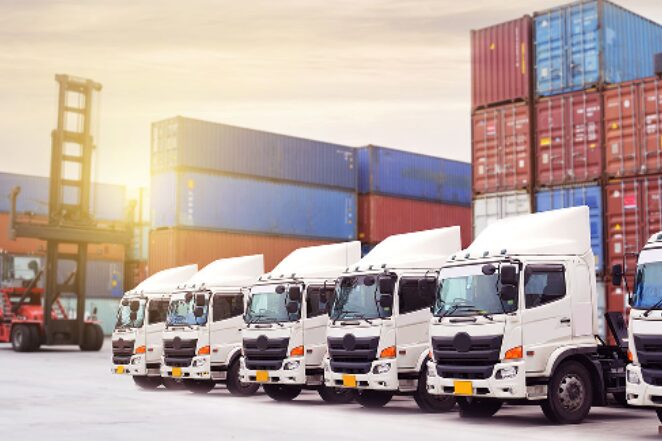Birmingham is no longer just the heart of the Midlands—it’s becoming one of the UK’s most vital logistics and distribution centres. As we move deeper into 2025, the city’s haulage industry is seeing unprecedented growth, driven by investment in infrastructure, e-commerce expansion, and increasing demand for efficient supply chains. For businesses relying on freight movement, Birmingham offers both strategic advantages and modern-day challenges that must be understood to stay competitive.
Why Birmingham Is a Strategic Location for Haulage
Central Connectivity Across the UK
Birmingham’s central position makes it a natural hub for national logistics. Located within four hours of 90% of the UK population, it offers ideal accessibility for freight distribution. The city is also well-connected by major motorways like the M6, M5, and M42, which intersect key commercial corridors. This allows haulage operators to dispatch goods efficiently, reducing transit times and fuel costs.
Rail and Air Freight Infrastructure
Beyond road transport, Birmingham boasts a growing rail freight network and proximity to Birmingham Airport. The airport’s freight terminal has scaled operations significantly, accommodating increased cargo traffic and making international haulage more accessible. Meanwhile, the Midlands Rail Hub project is enhancing freight rail capacity, offering an eco-friendlier option for long-distance hauls.
Growth Drivers for the Haulage Industry in 2025
E-Commerce and Just-In-Time Delivery
The continued rise of e-commerce giants and next-day delivery expectations have put haulage companies under pressure to be faster and more flexible. Birmingham’s warehouse space and fulfilment centres are expanding rapidly to meet this demand. This trend has created a surge in contract logistics and last-mile delivery services throughout the city and surrounding regions.
Investment in Green Logistics
Sustainability is no longer optional. In 2025, many haulage firms in Birmingham are investing in electric or low-emission HGVs to comply with Clean Air Zone (CAZ) regulations. The city’s CAZ initiative has pushed companies to rethink their fleets, implement route optimisation software, and invest in eco-friendly practices—making haulage not only efficient but also more responsible.
Challenges Facing Haulage Operators in Birmingham
Driver Shortages and Workforce Gaps
Despite technological advancements, the industry continues to struggle with driver shortages. In Birmingham, haulage firms face stiff competition when recruiting qualified drivers. This has led to increased wages and investment in driver retention programs, but long-term solutions—like training initiatives and automation—are still evolving.
Urban Congestion and Clean Air Compliance
Operating in a bustling city like Birmingham means dealing with daily traffic congestion, restricted access zones, and emissions compliance. Navigating these logistical barriers requires strategic planning and the use of real-time route monitoring systems. Smart scheduling and vehicle tracking have become essential tools for companies looking to minimise delays and fines.
How to Choose a Reliable Haulage Partner in Birmingham
Choosing the right partner for haulage in Birmingham involves more than comparing rates. Businesses should evaluate a provider’s compliance with environmental regulations, their fleet capabilities, and their experience handling similar cargo. Look for firms that demonstrate transparency, offer real-time tracking, and have positive client testimonials or long-standing contracts in your sector.
It’s also worth asking about contingency plans and flexibility. In an industry prone to disruptions—whether from fuel price hikes, strikes, or weather—resilient logistics providers can make the difference between a delayed shipment and a satisfied client.
Practical Tips for Businesses Using Haulage Services
1. Plan Ahead and Book Early
With high demand and limited capacity, especially during peak seasons, early booking ensures availability and often secures better pricing.
2. Prioritise Communication
Work with providers that offer regular updates and open channels of communication. This builds trust and reduces misunderstandings during complex delivery schedules.
3. Understand Compliance Obligations
Make sure your haulier adheres to Birmingham’s environmental regulations and is equipped to navigate CAZ zones without incurring penalties on your behalf.
The Future of Haulage in Birmingham
Looking ahead, Birmingham’s role in the UK’s logistics network is only expected to grow. Smart technologies, AI-powered routing, and sustainable transportation will continue to shape the haulage landscape. Businesses that understand and adapt to these changes today will be better positioned to thrive tomorrow.
In this dynamic environment, informed decision-making is essential. Whether you’re a small business owner or a supply chain manager, keeping up with developments in haulage can drive both efficiency and profitability.



































